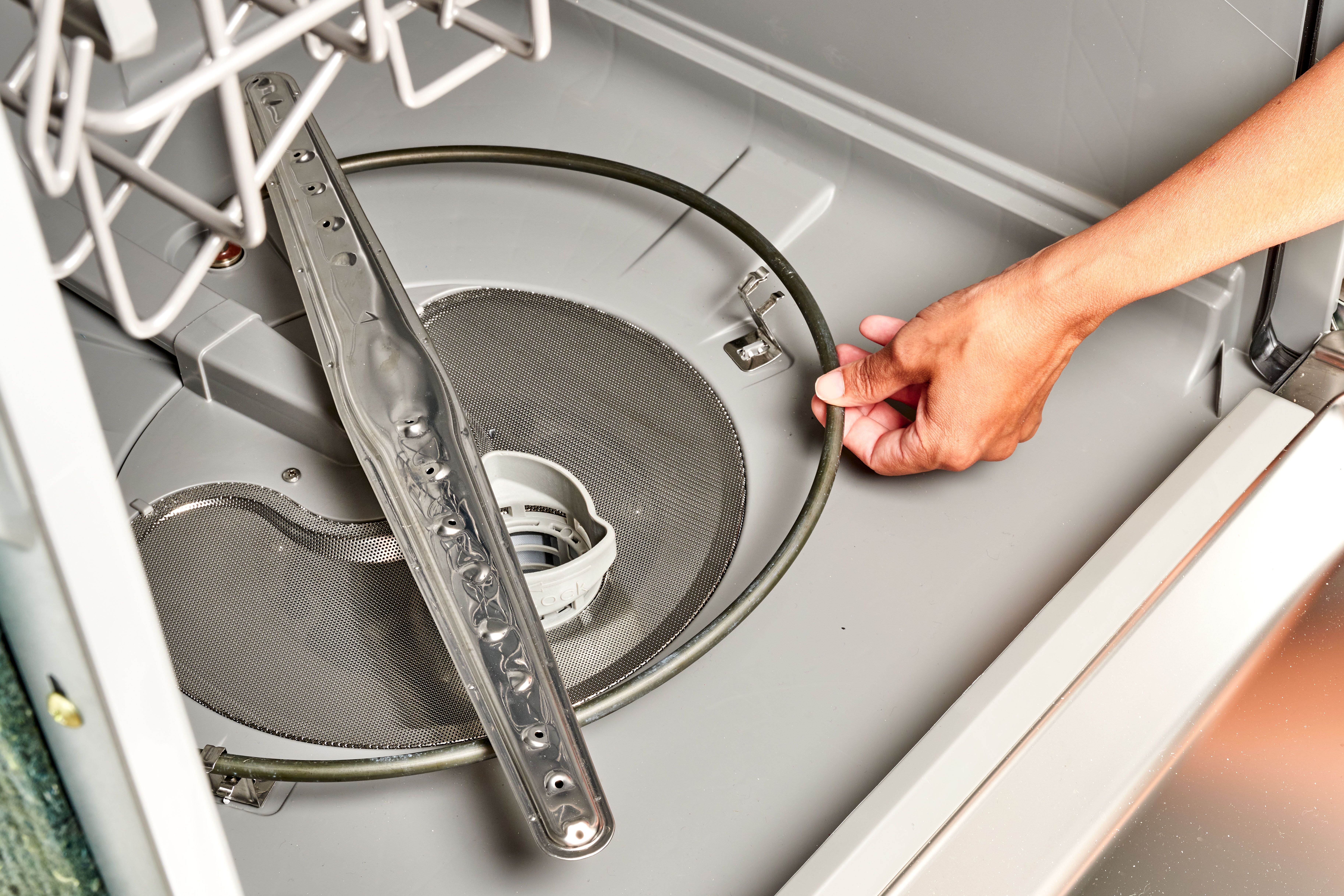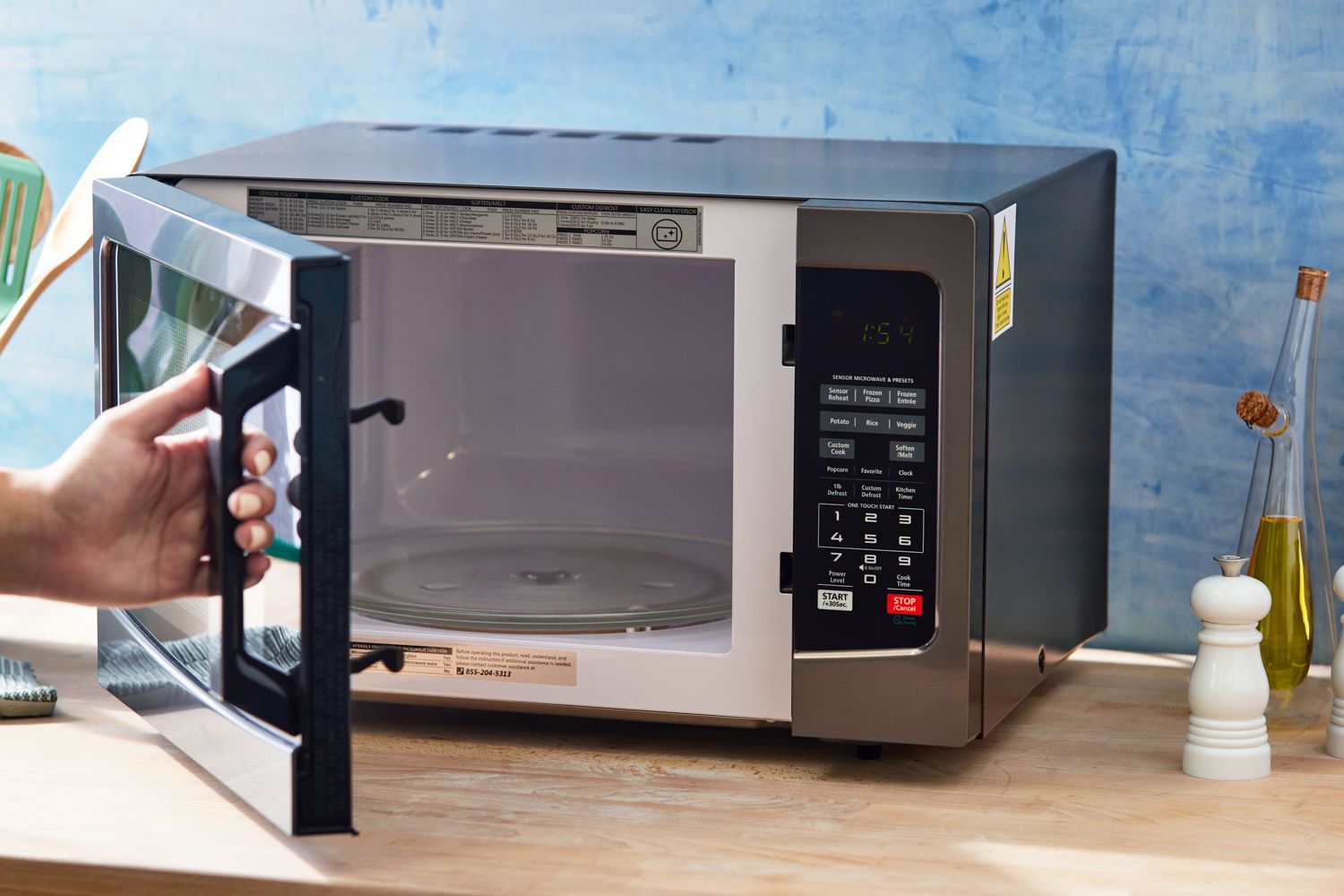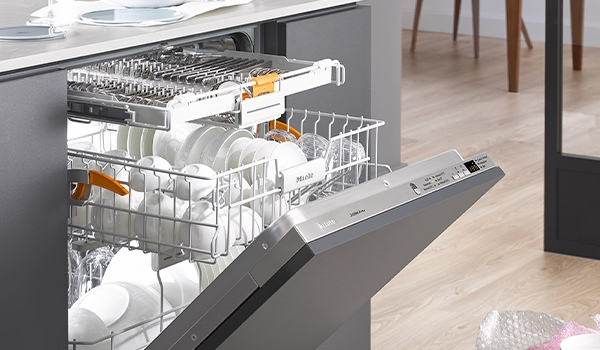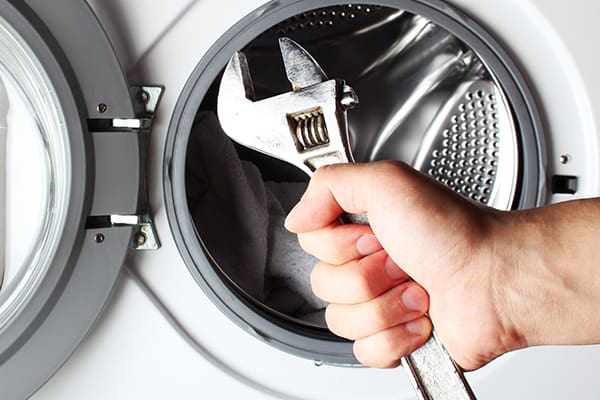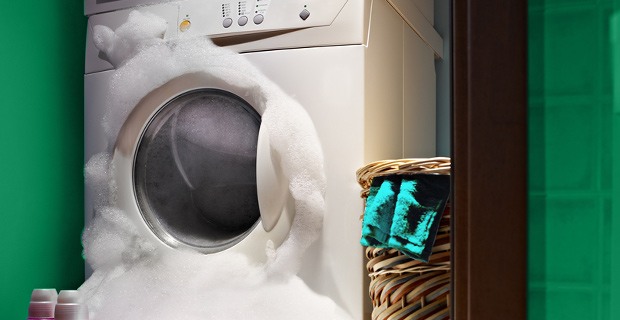Troubleshooting Common Dishwasher Problems
Dishwashers are essential appliances in modern kitchens, offering convenience and efficiency in cleaning dishes. However, like any other appliance, dishwashers require regular maintenance to ensure optimal performance and longevity. In this article, we will discuss some key maintenance tips to help you keep your dishwasher in top condition. From cleaning the interior to using the right detergent, these tips will help you maintain your dishwasher and avoid common problems.
Identifying Common Dishwasher Problems
Identifying common dishwasher problems is the first step towards resolving them and ensuring your dishwasher operates smoothly. Here are some of the most frequent issues you might encounter:
- Dishes Not Getting Clean
- Strange Noises
- Water Not Draining
- Leaks:
- Cloudy Glassware
- Foul Odors
- Detergent Residue
Dishes Not Getting Clean: If your dishes are still dirty after a wash cycle, the problem could be due to clogged spray arms, a malfunctioning water inlet valve, or insufficient water pressure.
Strange Noises: Unusual noises like grinding, squealing, or humming may indicate issues with the motor, pump, or spray arms. These noises should be investigated promptly to prevent further damage.
Water Not Draining: If you notice water pooling at the bottom of your dishwasher after a cycle, the drain hose or pump may be clogged. A malfunctioning drain pump can also cause this issue.
Leaks: Leaks can occur due to a damaged door seal, loose hose connections, or a cracked tub. Inspect these components regularly to prevent water damage to your kitchen floor.
Cloudy Glassware: Cloudy glassware is often caused by hard water deposits. Using a rinse aid and ensuring proper detergent usage can help prevent this issue.
Foul Odors: Lingering odors can result from food particles trapped in the filter or spray arms. Regular cleaning and maintenance can help eliminate these odors.
Detergent Residue: If you notice detergent residue on your dishes, it could be due to using too much detergent or using the wrong type for your dishwasher. Adjusting the amount of detergent and using a high-quality product can resolve this issue.
By identifying these common dishwasher problems early on, you can prevent further damage and ensure your dishwasher continues to operate efficiently.
Dishwasher Not Cleaning Properly
When your dishwasher isn't cleaning your dishes properly, it can be frustrating. However, there are several common reasons why this might be happening, along with solutions to fix them:
- Clogged Spray Arms
- Dirty Filter
- Improper Loading
- Hard Water Buildup
- Incorrect Detergent Usage
- Water Inlet Valve Issue
- Worn or Damaged Parts
- Clogged Drain
Clogged Spray Arms: Over time, food particles and mineral deposits can clog the spray arms, preventing them from distributing water effectively. To fix this, remove the spray arms and clean them thoroughly with a brush and warm, soapy water.
Dirty Filter: A dirty or clogged filter can restrict water flow and prevent proper cleaning. Remove the filter according to your dishwasher's manual and clean it under running water to remove any debris.
Improper Loading: Overloading the dishwasher or blocking the spray arms with large items can hinder water circulation. Make sure dishes are loaded according to the manufacturer's instructions, leaving space for water to reach all surfaces.
Hard Water Buildup: Hard water can leave mineral deposits on dishes, affecting cleaning performance. Consider using a dishwasher cleaner or adding a water softener to your dishwasher to prevent buildup.
Incorrect Detergent Usage: Using the wrong type or amount of detergent can result in poor cleaning. Ensure you're using a high-quality detergent suitable for your dishwasher and adjust the amount based on the water hardness and soil level.
Water Inlet Valve Issue: If the water inlet valve is faulty, the dishwasher may not fill with enough water to clean properly. Inspect the valve for any signs of damage or blockage and replace it if necessary.
Worn or Damaged Parts: Over time, parts like the spray arms, door gasket, or wash impeller can wear out, affecting cleaning performance. Inspect these parts regularly and replace them if they show signs of wear.
Clogged Drain: A clogged drain can prevent dirty water from properly draining out of the dishwasher, leading to poor cleaning. Check the drain hose and remove any clogs to restore proper drainage.
By addressing these common issues, you can improve your dishwasher's cleaning performance and ensure your dishes come out sparkling clean after every cycle.
Dealing with Noisy Dishwashers
A noisy dishwasher can be annoying and may indicate underlying issues. Here are some common causes of dishwasher noises and how to deal with them:
Loose or Worn Wash Arm Bearings: The wash arm bearings support the spray arms and can become loose or worn over time, causing them to make noise. Tighten or replace the wash arm bearings to resolve the issue.
Faulty Wash Pump: A malfunctioning wash pump can produce loud noises, such as grinding or humming sounds. If you suspect an issue with the wash pump, it may need to be replaced by a professional.
Worn Spray Arm Seal: The seal around the spray arm can wear out, causing the spray arm to wobble and create noise. Replace the seal to eliminate the noise.
Clogged Spray Arms: Clogs in the spray arms can disrupt water flow and cause the dishwasher to make noise. Remove the spray arms and clean them thoroughly to remove any debris.
Loose or Misaligned Dish Racks: If the dish racks are not properly aligned or are loose, they can rattle during the wash cycle. Ensure the dish racks are correctly positioned and securely in place.
Defective Water Inlet Valve: A faulty water inlet valve can cause loud banging noises as the dishwasher fills with water. Replace the water inlet valve if it is defective.
Foreign Objects in the Pump: Sometimes, small objects like pieces of glass or food debris can get stuck in the pump and cause noise. Remove the object to resolve the issue.
Worn Belt or Motor Bushing: If your dishwasher has a belt-driven motor, a worn belt or motor bushing can cause noise. Replace the belt or motor bushing as needed.
Improper Installation: Improper installation, such as an unlevel dishwasher or inadequate insulation, can lead to excessive noise. Ensure the dishwasher is installed correctly and consider adding soundproofing insulation if necessary.
By identifying and addressing the source of the noise, you can reduce or eliminate the loud sounds coming from your dishwasher, ensuring a quieter and more peaceful kitchen environment.
Fixing Drainage Problems
When your dishwasher isn't draining properly, it can lead to standing water and potential leaks. Here are some common causes of drainage problems and how to fix them:
Clogged Drain Hose
A clogged drain hose is a common cause of drainage issues. To fix this, disconnect the drain hose from the sink or garbage disposal and check for any obstructions. Use a plumber's snake or a straightened coat hanger to remove any debris.
Blocked Air Gap
If your dishwasher is connected to an air gap, it may become blocked with food particles or debris. Remove the air gap cover and clean out any obstructions to allow proper drainage.
Clogged Garbage Disposal
If your dishwasher drains into a garbage disposal, a clogged disposal can prevent proper drainage. Run the garbage disposal to clear any blockages, or manually remove any debris with a tool.
Faulty Drain Pump
A malfunctioning drain pump can prevent water from draining properly. Test the drain pump for continuity using a multimeter and replace it if it's faulty.
Clogged Filter
A dirty or clogged filter can restrict water flow and cause drainage issues. Remove the filter according to your dishwasher's manual and clean it under running water to remove any debris.
Improper Installation
If the dishwasher's drain hose is installed incorrectly, it can lead to drainage problems. Ensure the drain hose is installed according to the manufacturer's instructions, with a high loop to prevent backflow.
Kinked Drain Hose
A kinked or twisted drain hose can restrict water flow and cause drainage issues. Straighten out any kinks or twists in the hose to allow proper drainage.
Check Valve Issues
The check valve prevents water from flowing back into the dishwasher after draining. If the check valve is faulty or clogged, it can cause drainage problems. Inspect the check valve and replace it if necessary.
By addressing these common causes of drainage problems, you can restore proper drainage to your dishwasher and prevent further issues such as leaks or standing water.
Maintaining Your Dishwasher for Longevity
Proper maintenance is key to ensuring your dishwasher lasts for many years. Here are some tips for maintaining your dishwasher:
Regular Cleaning: Clean the interior of your dishwasher regularly to prevent buildup of food particles, grease, and soap scum. Remove and clean the filter according to the manufacturer's instructions.
Use the Right Detergent: Use a high-quality detergent specifically designed for dishwashers. Avoid using too much detergent, as it can lead to buildup and reduce cleaning performance.
Run Hot Water Before Starting: Before starting a wash cycle, run the hot water in your sink until it reaches its hottest temperature. This ensures that the dishwasher starts with hot water, which is more effective for cleaning.
Scrape Food Off Dishes: Scrape off excess food from dishes before loading them into the dishwasher. This helps prevent clogs and ensures cleaner dishes.
Inspect and Clean Spray Arms: Regularly check the spray arms for clogs and clean them if necessary. Remove any debris that may be blocking the spray holes.
Check and Clean the Seal: Inspect the door seal for any signs of damage or buildup. Clean the seal with a damp cloth and mild detergent to remove any dirt or residue.
Maintain Proper Water Softening: If you live in an area with hard water, consider using a water softener to prevent mineral buildup in your dishwasher.
Run a Cleaning Cycle: Periodically run a cleaning cycle with a dishwasher cleaner to remove buildup and odors. Follow the instructions on the cleaner for best results.
Inspect and Tighten Connections: Regularly inspect the water supply and drain hose connections for leaks or damage. Tighten any loose connections to prevent leaks.
Replace Worn Parts: If you notice any worn or damaged parts, such as the door seal or spray arms, replace them promptly to ensure your dishwasher continues to operate efficiently.
By following these maintenance tips, you can extend the life of your dishwasher and keep it running smoothly for years to come.


